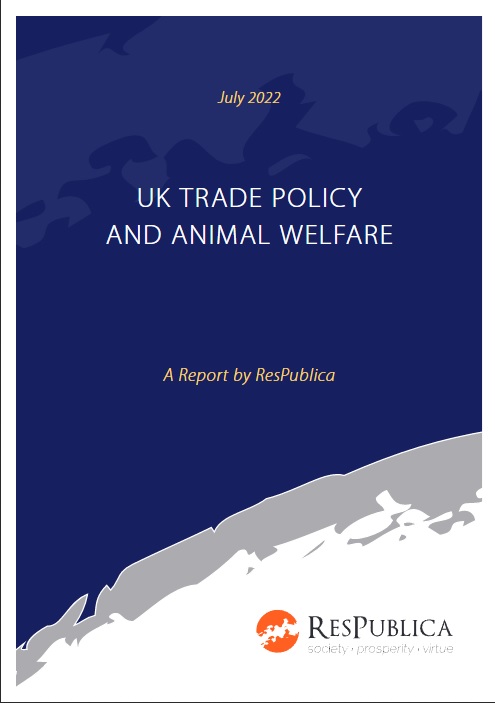BRITISH MEAT PROCESSORS HIGHLIGHT ANIMAL WELFARE ‘FLAWS’ IN NEW TRADE DEALS
The British Meat Processors Association (BMPA) has cited a new report from independent think tank ResPublica that it says “exposes a number of flaws” in the UK’s recent trade deals with Australia and New Zealand “that open the door to food produced to lower standards of animal welfare”.
The agreements do not have enforceable safeguards to prevent meat produced to lower standards from “potentially flooding the UK market and undercutting our own farmers” said the British association. “Instead, both agreements contain only watered-down commitments to ‘provide a forum for ongoing cooperation’ on animal welfare standards, which can easily be disregarded,” added the association.
The worry is that the two free trade agreements have set a precedent for framing future British deals with even bigger trading partners.

WTO route may not be useful
The ResPublica report offers some recommendations for future trade policy development. In particular it stresses: “Trade liberalisation in the form of tariff and quota reductions should be linked to meeting environmental and animal welfare standards in production.” The report also recommends that the provisions of certain articles within the WTO may be used to implement trade restrictions on the basis of animal welfare.
However, BMPA’s trade policy advisor, Peter Hardwick commented: “WTO has only once previously found in favour of trade restrictions based on a welfare issue that was in relation to European Union restrictions on products derived from seal hunting; an extreme example.”
Animal welfare cases can easily get mired in subjective arguments making a WTO ruling unlikely. BMPA said a good example is the practice of mulesing lambs which is commonly used in Australia. According to the RSPCA in Australia: “Mulesing is a painful procedure that involves cutting crescent-shaped flaps of skin from around a lamb’s breech and tail. The wound, when healed, creates an area of bare, stretched scar tissue. Because the scarred skin has no folds or wrinkles to hold moisture and faeces, it is less likely to attract blowflies, making mulesed sheep less susceptible to flystrike.”
Hardwick said that this type of case can reach an impasse at the WTO: “Mulesing may be unacceptable to a lot of people, but the flystrike counterargument would (also) be potent.”
Join us at SIAL Paris as exhibitor Join us at SIAL Paris as visitor
